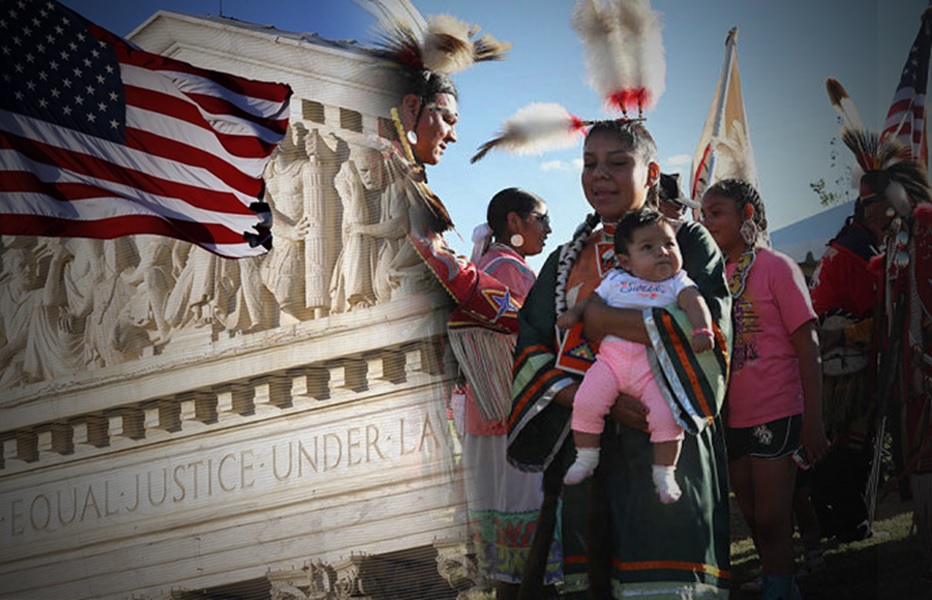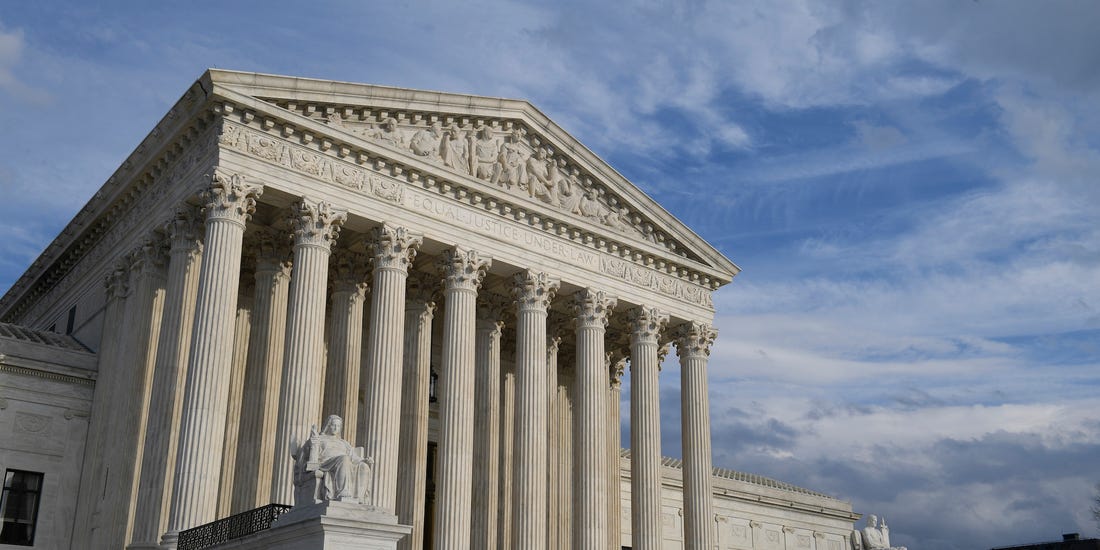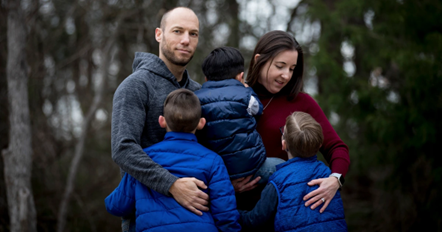
In a recent verdict, it was determined that the law giving preference to Native American families in adoption proceedings does not constitute racial discrimination. On Thursday, the Supreme Court delivered a major victory to Native American tribes by rejecting a challenge to a federal law designed to protect children and strengthen tribal identity.
In a 7-2 vote, the court rejected a series of claims seeking to invalidate certain aspects of the Indian Child Welfare Act, enacted in 1978 with the goal of keeping Native American children within their respective tribes. Among the provisions challenged was one that gives preference to Native Americans seeking to foster or adopt children from their own community. President Joe Biden said in a statement that this decision “preserves vital protections for tribal sovereignty and native children.”

The court, in an opinion drafted by Justice Amy Coney Barrett, said the plaintiffs lacked legal standing to challenge whether the preemption provisions violated the equal protection clause of the 14th Amendment by discriminating on the basis of race. Barrett said the plaintiffs had filed their lawsuit against the federal government, but noted that it is the state courts that enforce the preemption provisions and that state agencies are charged with locating children. Therefore, their claims could not be remedied by the federal government and had to be dismissed.
Conservative Justice Brett Kavanaugh, emphasizing that the question of racial discrimination has not yet been resolved, wrote in a concurring opinion that it is a “serious” matter that the court should address in a future case. However, the majority concluded that Congress has the authority to legislate on matters related to the family law of Native American tribes and rejected the claims presented for this reason.

Barrett said the plaintiffs were seeking a “constitutional exemption,” arguing that Congress cannot legislate family law. However, he argued that since the beginning of the United States it has been clear that Congress has broad authority to enact laws on a wide range of issues, and family law is no exception.
This decision comes as a great relief to the tribes, who were concerned that the court would weaken or completely nullify a law that plays a critical role in preserving tribal identity.
“By taking sides for the health and safety of children, the U.S. Constitution, and centuries of precedent, the justices have positioned themselves on the right side of history,” said the leaders of the four tribes involved in the case, namely the Cherokee Nation, the Morongo Band Tribe of Mission Indians, the Oneida Nation and the Quinault Indian Nation. in a joint statement. Another tribe, the Navajo Nation, also backed the law.
“With these latest political attacks on ICWA left behind, we hope we can move forward and focus on what is best for our children,” the tribal leaders added. The ruling also marks the second time this month that the court has rejected conservative efforts to rein in laws meant to protect minority groups, following last week’s decision to reaffirm a key part of the Voting Rights Act. The court is still waiting to rule on another major race-related case, in which it could end the consideration of race in college admissions proceedings. Two of the court’s six conservative justices, Clarence Thomas and Samuel Alito, presented a dissenting opinion.









